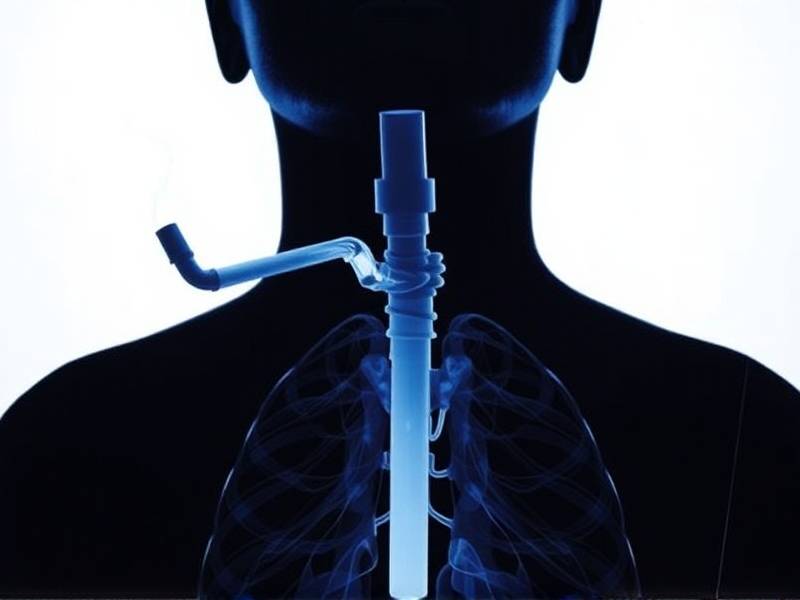Why Am I Short of Breath After Quitting Smoking? The Science Behind the Symptoms
Why Am I Short of Breath After Quitting Smoking? The Science Behind the Symptoms
Introduction: Quitting smoking is a significant step towards improving your health, but it can come with unexpected challenges. One common issue many smokers face after quitting is shortness of breath. In this article, we'll delve into the science behind this symptom and understand why it occurs.
I. Understanding Shortness of Breath

A. What is Shortness of Breath? Shortness of breath, also known as dyspnea, refers to the sensation of not getting enough air when breathing. It can range from mild discomfort to severe difficulty in breathing.
B. Causes of Shortness of Breath Several factors can contribute to shortness of breath, including:
- Pulmonary issues: Conditions like chronic obstructive pulmonary disease (COPD), asthma, or emphysema.
- Cardiovascular problems: Heart failure or other heart conditions.
- Dehydration: Insufficient fluid intake can affect lung function.
- Stress and anxiety: Emotional factors can impact breathing patterns.
II. The Science Behind Shortness of Breath After Quitting Smoking
A. Nicotine's Effects on the Body Nicotine, a highly addictive substance found in cigarettes, has several negative effects on the body, including:
- Constriction of blood vessels: Nicotine narrows blood vessels, reducing oxygen flow to vital organs and tissues.
- Impaired lung function: Nicotine can cause inflammation and damage to lung tissue, leading to decreased lung capacity.
- Increased heart rate and blood pressure: Nicotine stimulates the nervous system, causing an increase in heart rate and blood pressure.
B. Recovery Process After Quitting Smoking When you quit smoking, your body begins to repair itself and restore normal functions:

- Improved lung capacity: Over time, your lungs will start regaining their capacity for oxygen exchange.
- Normalized blood flow: Blood vessels will dilate as nicotine's effects wear off, improving oxygen delivery to tissues.
- Reduced inflammation: The inflammatory response caused by nicotine will decrease as you quit smoking.
III. Managing Shortness of Breath After Quitting Smoking
A. Hydration Drinking plenty of water helps maintain normal lung function and ensures adequate hydration for your body.
B. Breathing Exercises Practicing deep breathing exercises can improve lung capacity and reduce shortness of breath symptoms.
C. Seek Professional Help if Needed If you experience persistent shortness of breath after quitting smoking or have underlying health conditions that could be causing this symptom, consult a healthcare professional for guidance.
Conclusion: Quitting smoking is a commendable decision that requires patience and perseverance. Understanding the science behind shortness of breath after quitting can help you manage this symptom effectively and stay motivated on your journey towards a healthier lifestyle. Remember that your body is gradually healing from years of nicotine exposure, so give yourself time to adjust to these changes as you continue to smoke-free days ahead!
